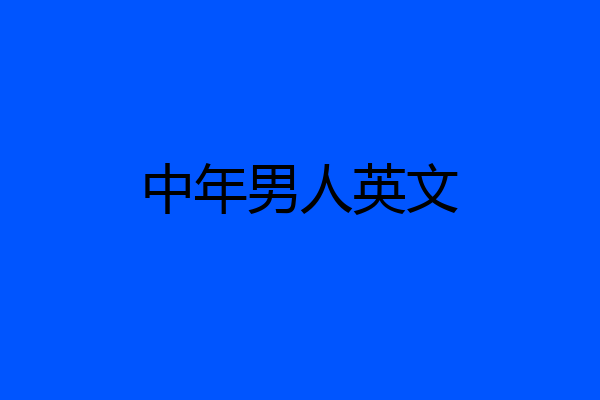
苏苏湖光山色
英语“年龄”表示法 1�表示“整岁”,直接用基数词或year,age,例如“他20岁”可表示为: He is twenty. He is twenty years old. He is a twenty-year-old man. He is aged twenty. He is at age twenty. He is at the age of twenty. He is twenty years of age. 2�表示“在某人几十多岁”,用“in one's +基数词复数形式”,例如: 他七十多岁。He is in his seventies.(从70岁到79岁之间) 她五十多岁。She is in her fifties.(从50岁到59岁之间) 还可以借助early,middle,late来表达得更明确一些,例如: 那女孩今年二十二、三岁。The girl is in her early twenties. 他今年十四、五岁。He is in his middle teens. 她今年二十八、九岁。She is in her late twenties. 3�表示“快满多少岁”用进行时或将来时,例如“他快满十八岁了”可说成: He is getting on for eighteen. He is going on eighteen years old. He will be eighteen years old. It will be his eighteenth birthday. 4�表示“不满多少岁”,用副词barely,nearly,al- most,quite,yet,just等,例如“她不满十七岁”有以下几种说法: She is barely /nearly /almost seventeen. She is not quite /yet seventeen. She is just under seventeen. 5�表示“差多久满多少岁”用介词off,例如: 他差5个月就满19岁了。He is five months off nineteen. 她再过3年就50岁了。She is three years off fifty. 6�表示“超过多少岁”用介词past,例如: 他已年过50。He is past fifty. 他是一个过了中年的人。He is a man past middle age. 那孩子两岁零两个月。The baby is two months past two years old. 参考:[雅思]阅读考试要点


我是怖怖
1、baby / infant
婴儿(1-12个月)
2、infancy
婴幼儿期
3、toddler
婴孩(1-3岁刚刚学步)
4、toddlerhood
学步期
5、preschooler
学龄前儿童(3-5岁)
6、early childhood
幼儿期
7、schoolchild
学童(5-10岁)
8、middle childhood
童年中期
9、preteen
青春期前儿童(11-12岁)
10、preadolescence
青春期前期
11、teenager / teen
青少年(13-19岁)
12、adolescent
青少年(经历青春期的少年,与teenager时期基本重合)
13、adolescence
青春期
14、adult man / woman
成人 (满18岁)
即:男人/女人(满18岁)
15、thresholder/young adult
刚成年的年轻人(18岁到24岁之间的年轻人,青少年和成年人的混合体)
16、twentysomething
二十来岁的年轻人(20到29岁之间的年轻人)

那些年喜帖街
二十多岁的人的英文:People in their twenties
People 读法 英 ['piːpl] 美 ['piːpl]
1、n. 人;人民;人们
2、v. 使住人;居住于
短语
1、learned people 学者
2、little people 平民百姓
3、miserable people 悲惨的人
4、modest people 谦逊的人
5、most people 大多数人
词语用法
1、people的基本意思是“人,人们”,是集体名词,没有复数形式,在句中作主语时,谓语动词用复数。泛指“人们”时其前不加定冠词the。
2、people还可作“民族,种族”“被共同文化联合在一起的集体”解,是可数名词,“一个民族”是a/one people,多个民族时用其复数形式peoples。其前有a, one或every等词修饰时,谓语动词多用单数形式。
3、 用it或itself指代,people在句中作主语时,谓语动词用单数或复数均可,但以用复数者居多。
4、在口语中,people常指“家人,亲属”或“特别的场所、团体和职业的人们”,在句中作主语时,谓语动词用复数形式。
词汇搭配
1、old people 老人
2、ordinary people 平民百姓
3、peace-loving people 爱好和平的民族
4、plain people 普通人,老百姓
5、poor people 贫苦的人
优质英语培训问答知识库